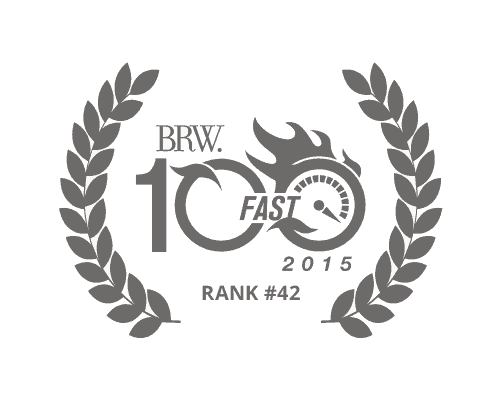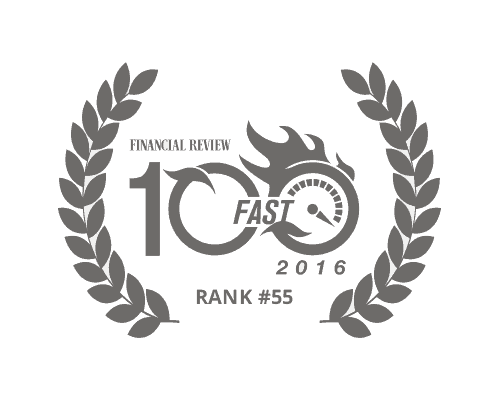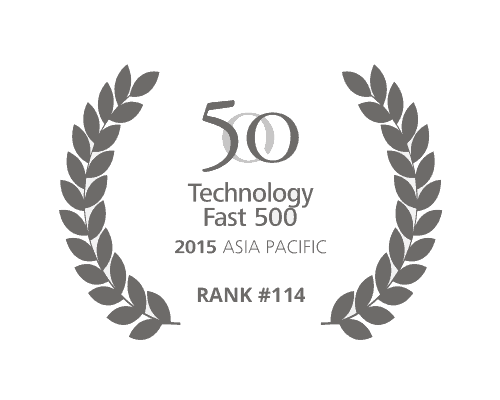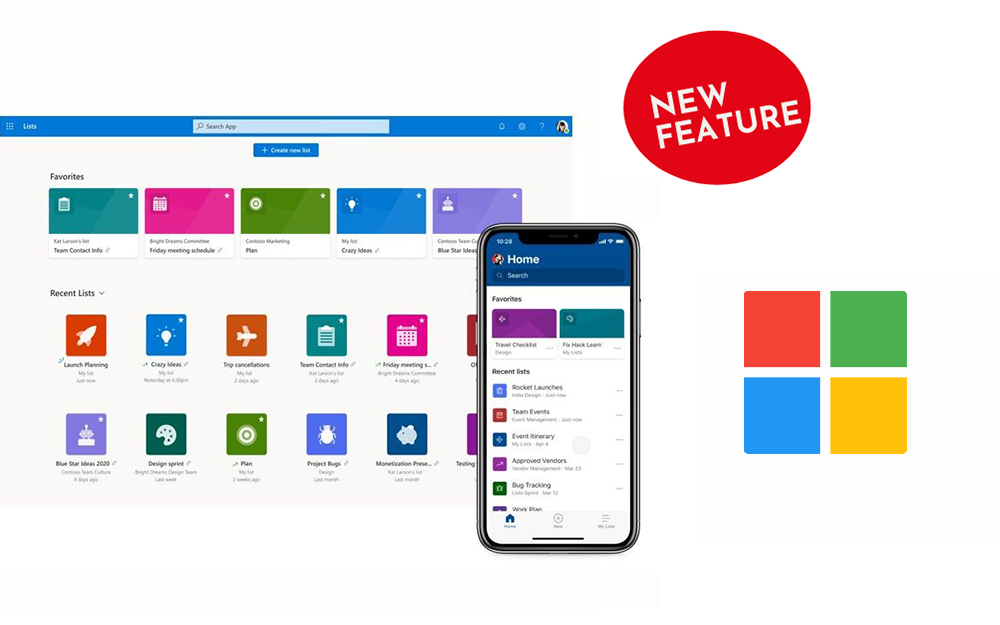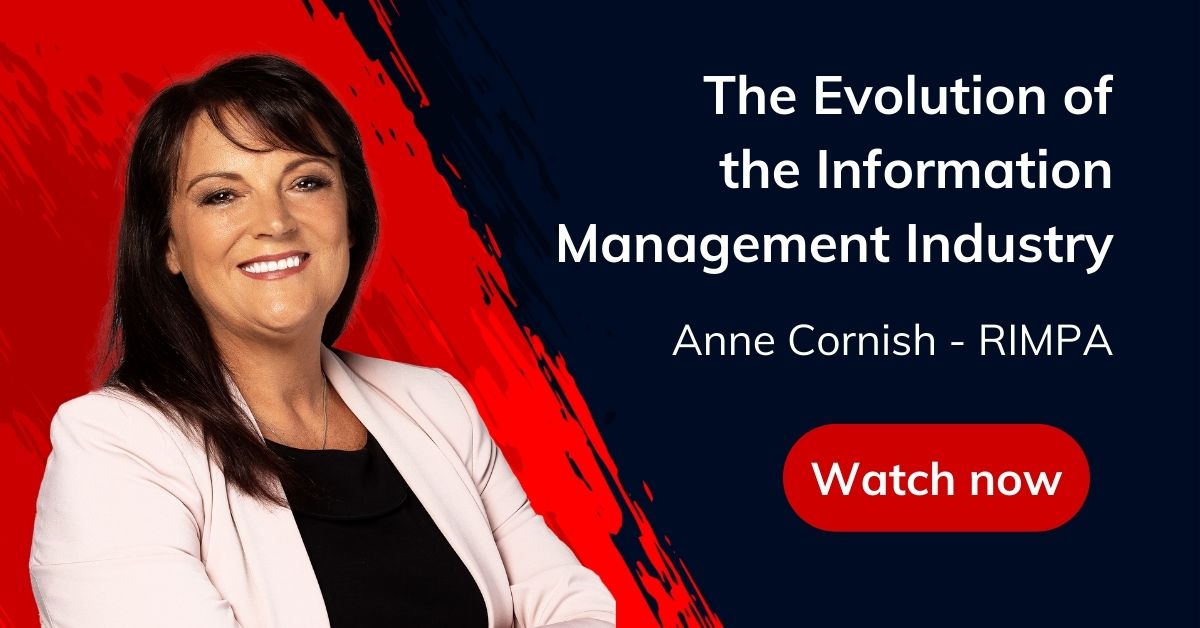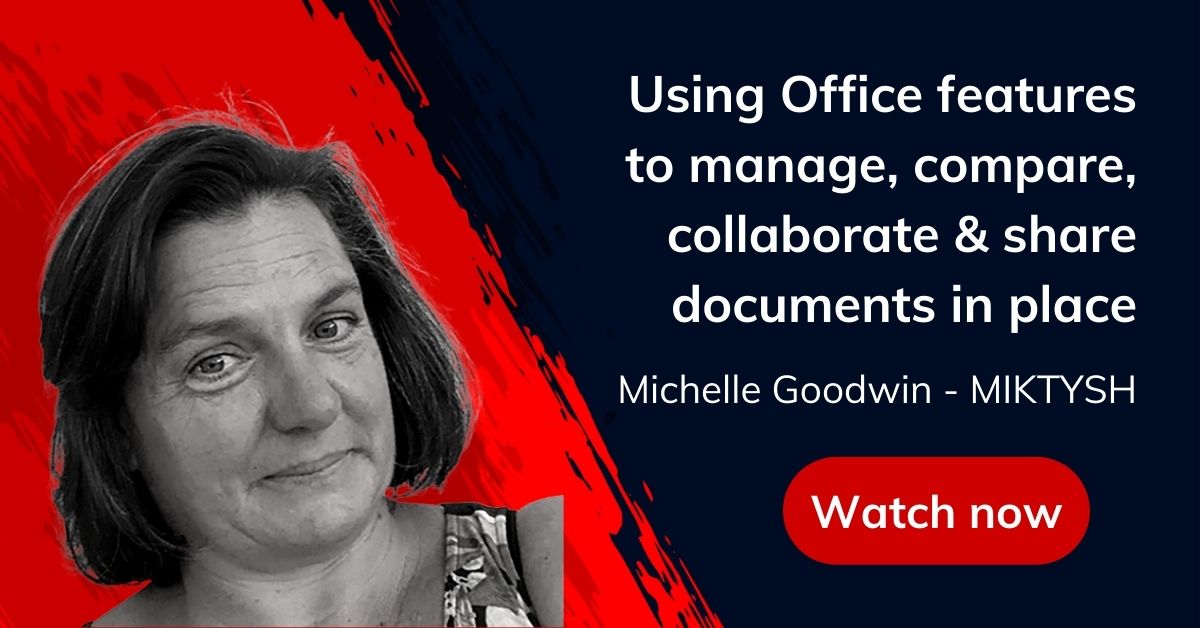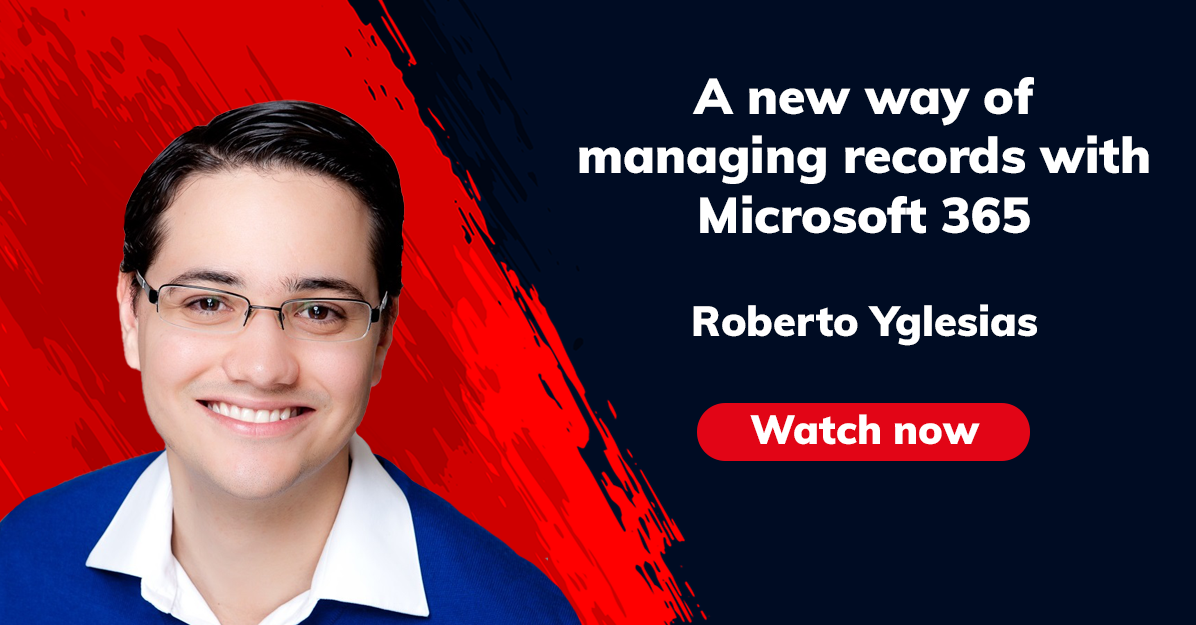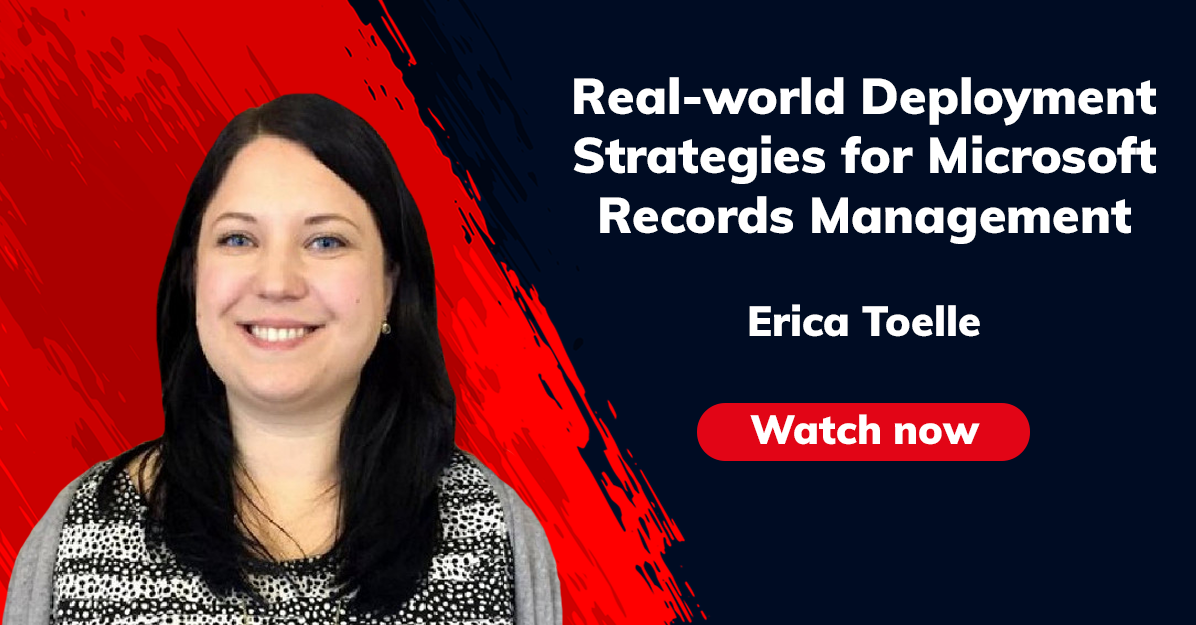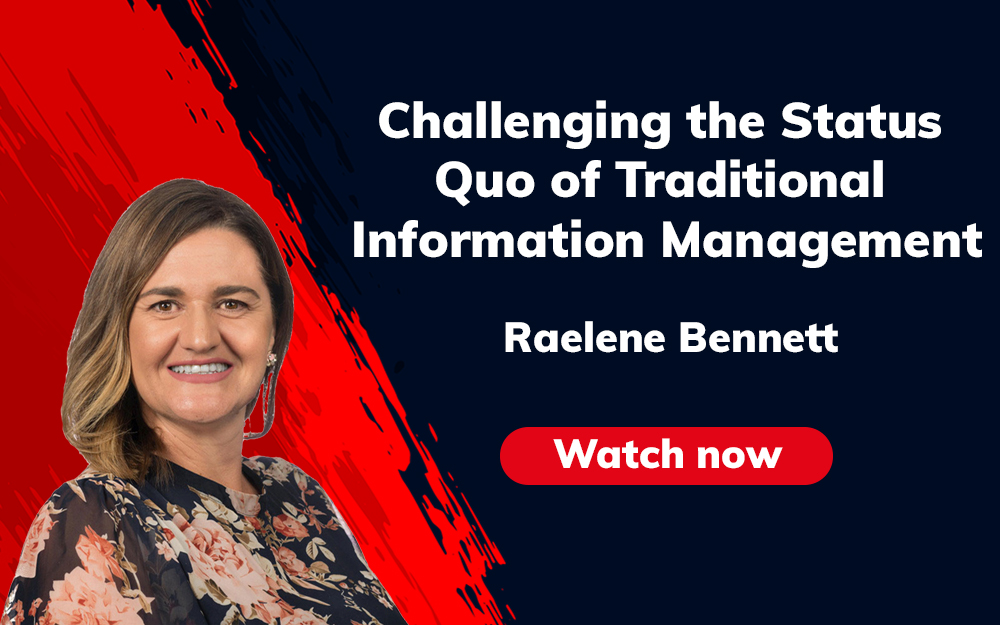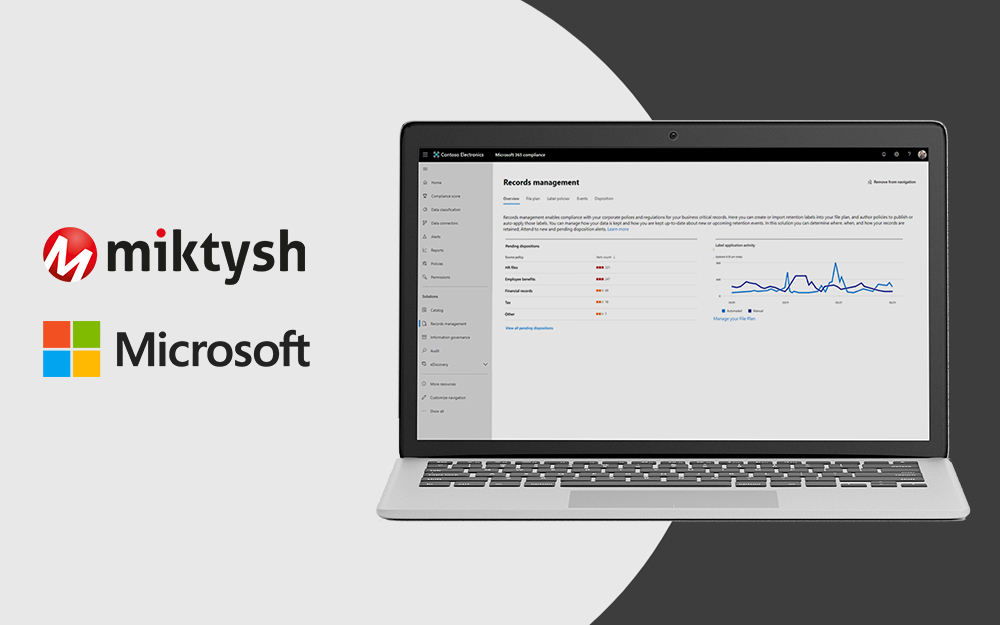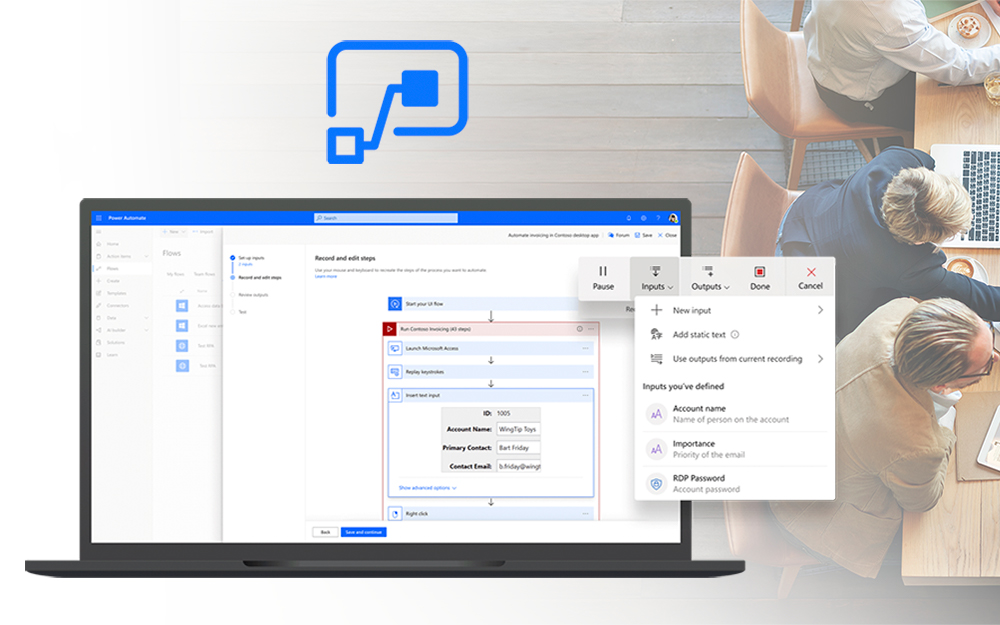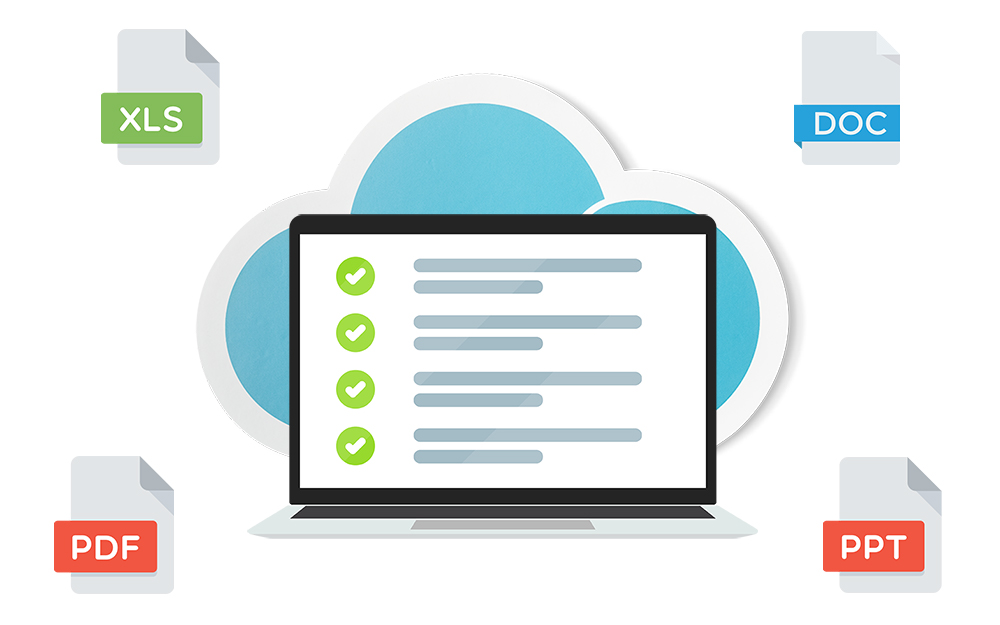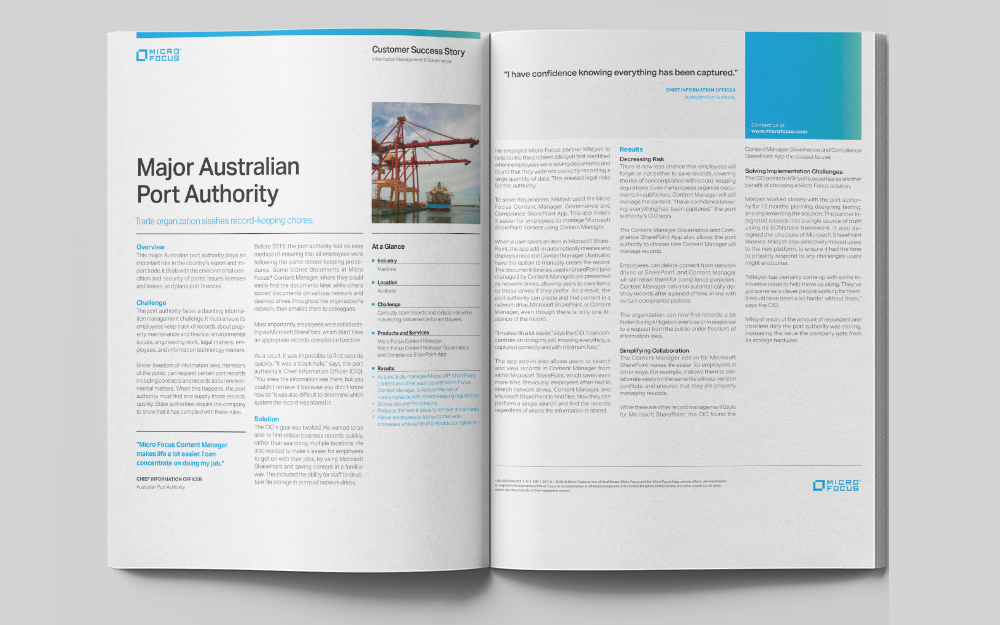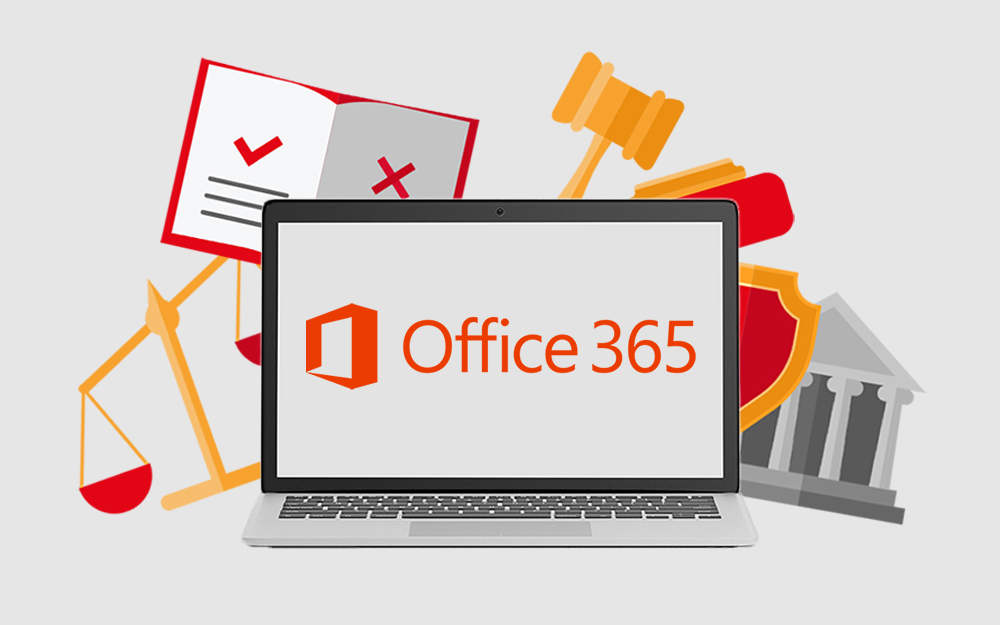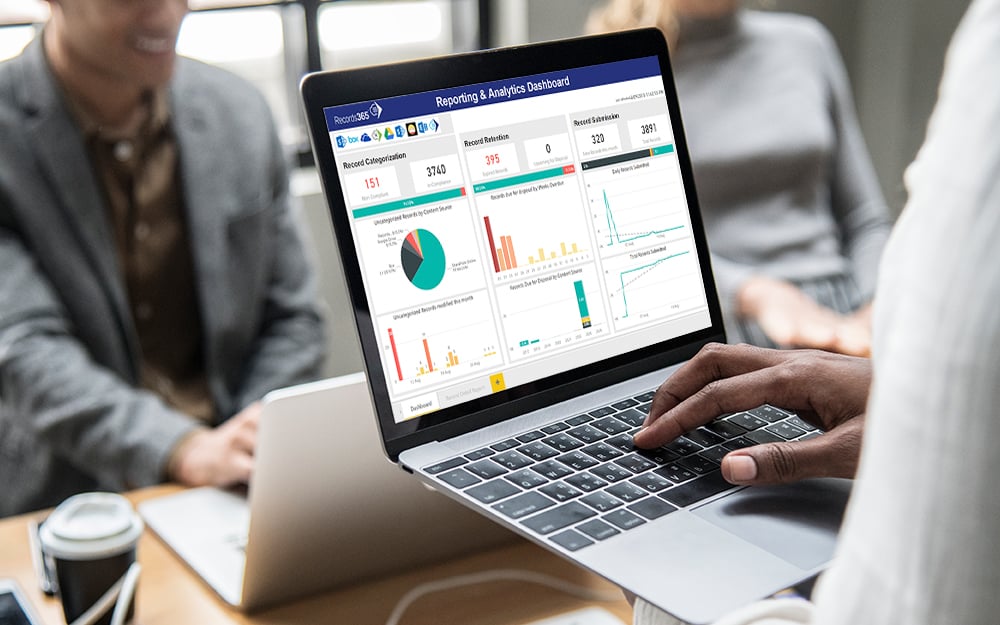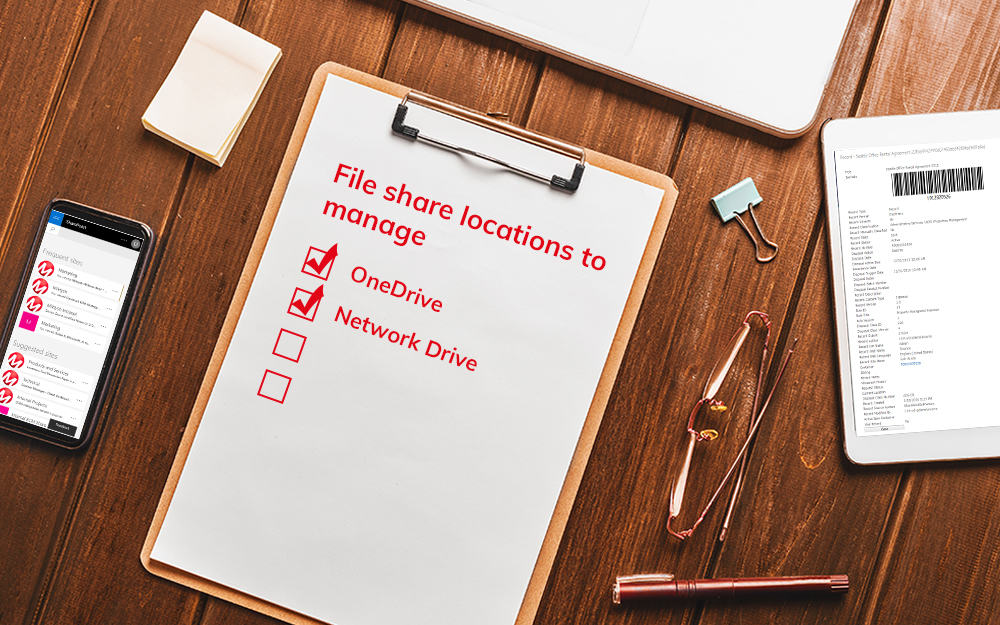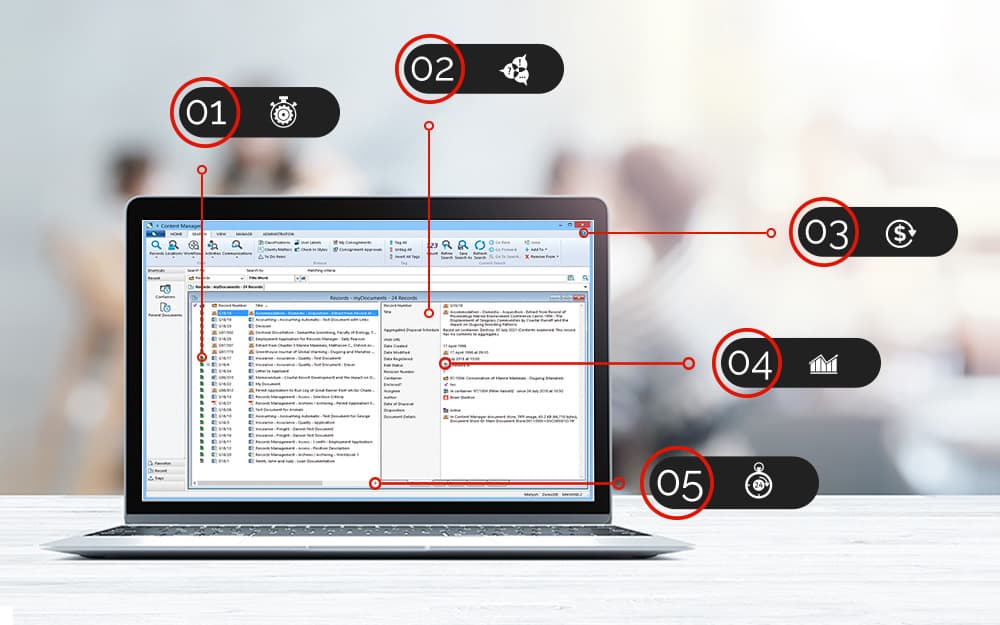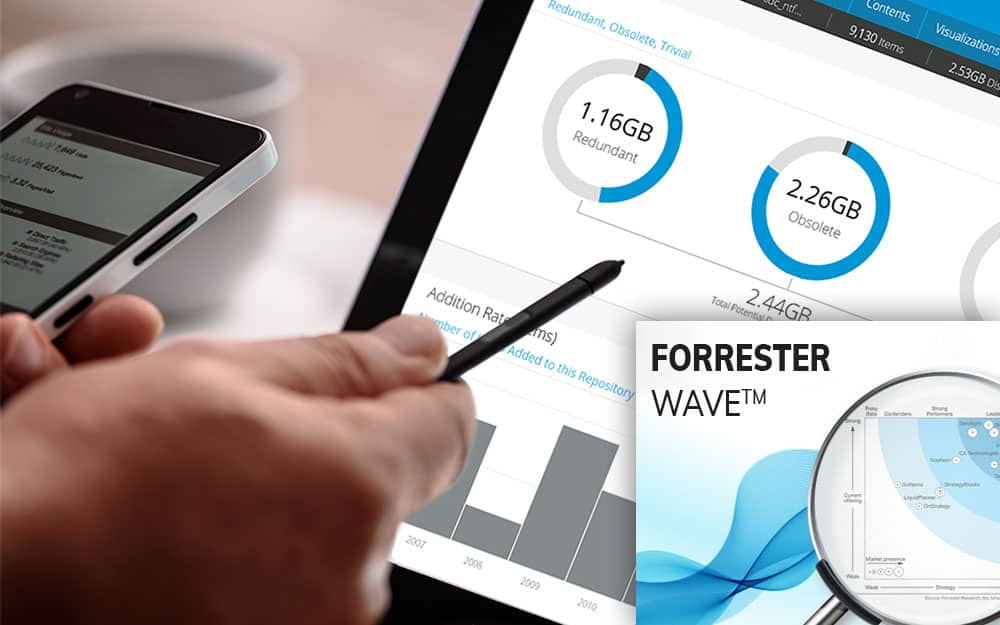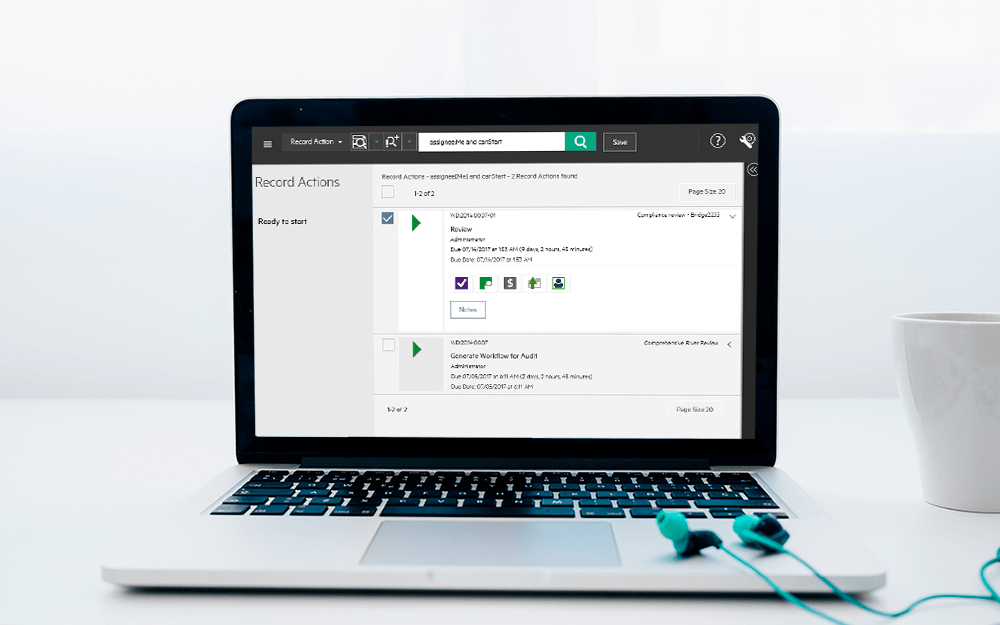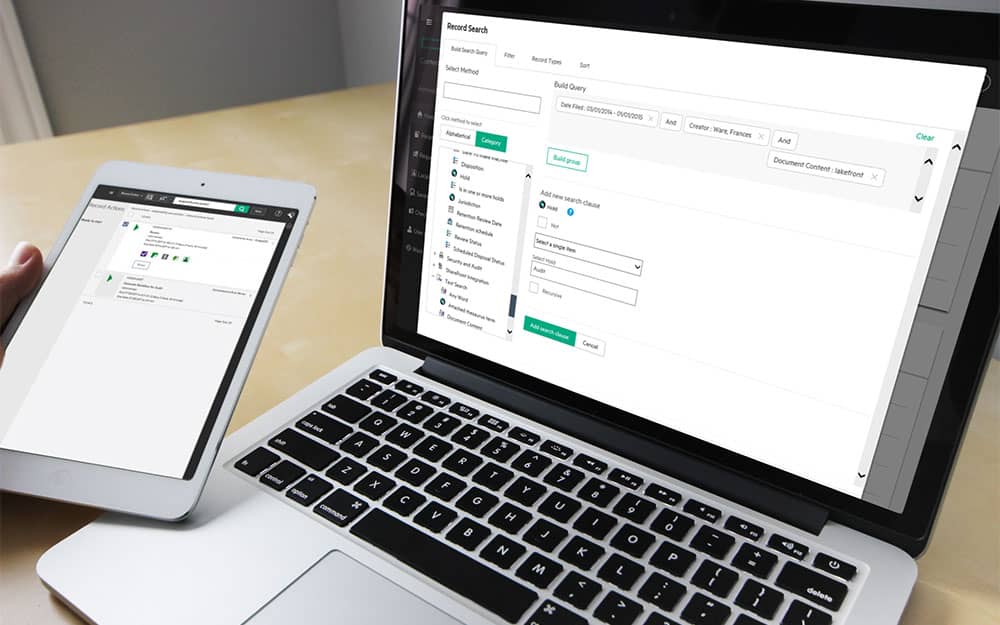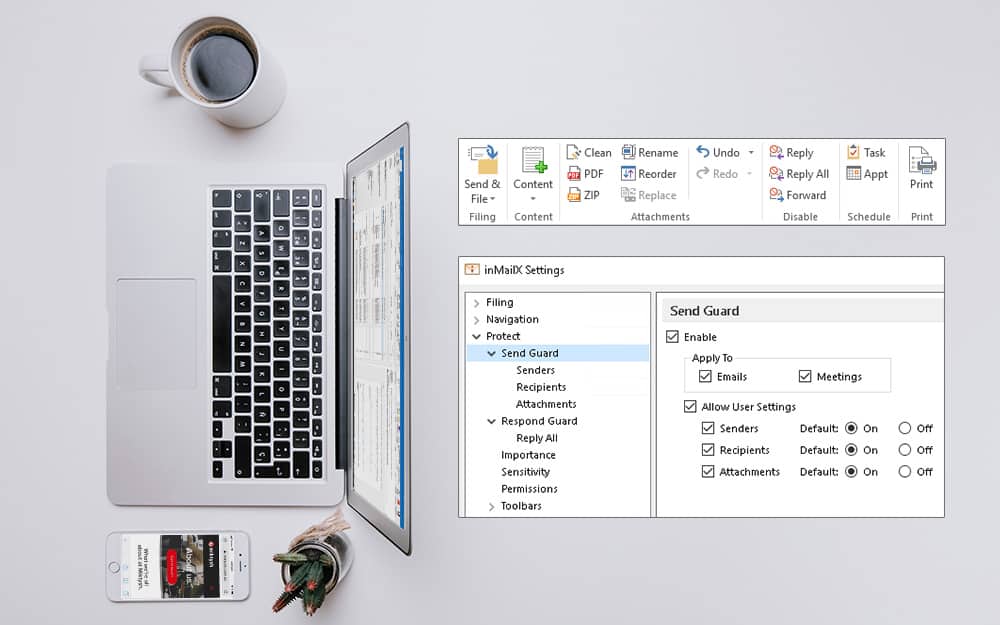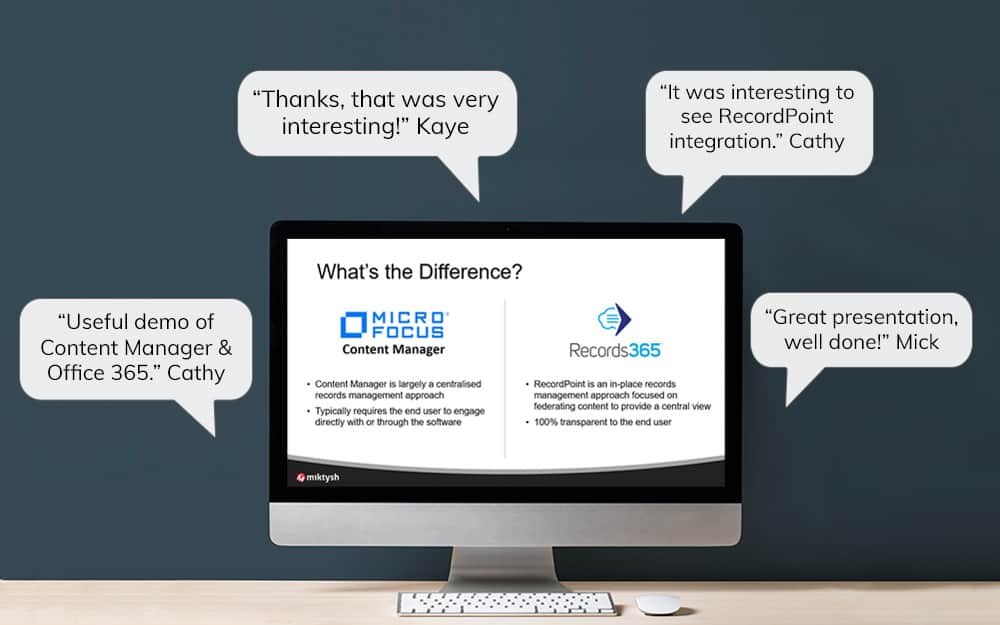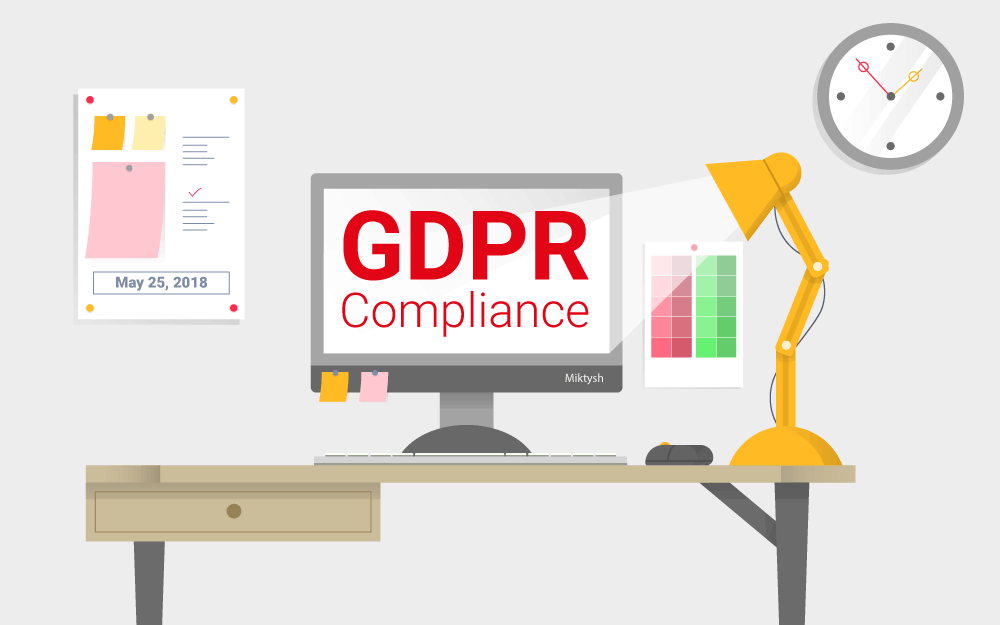Miktysh Blog.
Your go-to source for everything records management, eDRMS, Office 365, TRIM/Content Manager, RecordPoint, AvePoint, and EncompaaS related.
Categories
Topics
Tips for Getting More Budget for Your Records & Information Management Department
Oct 22, 2019 | Information Management, Records Management

Do you hear that? That frantic tapping, shuffling and grumbling sound. It’s the sound of budgets being prepared and the tweaking on strategies for the next fiscal year. So get on the bandwagon and start preparing your budget now.
Our recent survey showed that 76% of RIM professionals believe “making information and records management a priority” in their organisation is a high priority and 40% of respondents listed more budget as a high priority, with only 5% feeling that they have enough budget. As 95% of people from the survey say they don’t have enough budget, then let us give you some great tips for getting more budget for your Records and Information Management Department.
Estimate and forecast savings in efficiency, compliance or profits
Executives respond to numbers. Presenting quantifiable figures to upper management will demonstrate that you have put a lot of thought and planning into the initiate and lends credibility to your budget ideas.
Quantifying your potential records management savings is imperative yet not easy. While you don’t know how much litigation, settlements and damage to your reputation might cost your company, it is safe to say that you know that should the unthinkable happen it will not be cheap to rectify.
In many ways, saving money on records management by thinking in terms of ‘potential savings’ actually requires you to spend money. This seems counter-intuitive yet when you think about it, it makes sense. It’s much like insurance. No doubt your company pays for insurance on anything from vehicles to offices to any number of other things related to your industry.
Ensuring your records are securely captured and access to them is strictly controlled is in many ways similar to insurance. While insurance pays out if something goes wrong, smarter records management aims to reduce, if not prevent you from having to pay out to fix a breach.
Give some consideration to how risk is being mitigated and the costs of non-compliance fines. What improvements will there be to productivity and efficiency? (i.e. this new system/information architecture will save each employee 15 minutes per month when searching for documents, times that by the number of employees and an average wage to assign a dollar value). Or how annual cost savings may justify an initial upfront cost and break it down into numbers that relate to the business.
Regularly report on your productivity
Regular reporting may be eye-opening for upper management who aren’t across what you do on a day-to-day basis. It will highlight challenges and inefficiencies your department struggles with and bring attention to what needs to be corrected. Make sure it is measurable and in a language management understands. Measurable results and numbers will provide concrete evidence to back up what you are saying. In this case, it’s “We need more money!!!”. Make sure you report on the positives and not just the negatives, as you want to show your department is competent and meeting some expectations and work goals.
Report on tangible statistics: How many records where created, edited, retrieved, archived, destroyed this week? How many hours where spent on software maintenance, audit logs, and searching? How many client staff queries were resolved and how long did it take? If you take statistics you can report on, you can be better prepared to prove where a budget increase will be needed.
Position RIM as an investment, not an expense
Records and Information Management Departments are generally responsible for regulatory compliance, information governance, preservation of vital records, storing and retrieval of records and so much more. Show your departments worth and prove you are an investment and not an expense. Report on departmental capabilities and link these to business objectives to the enforce the importance of the department to the core value of the organisation.
Highlight how your department has been able help the organisation meet compliance obligations, improve productivity by helping staff more easily search and find information, foster collaboration between staff and different departments and reduce the risk of security breaches.
Look for opportunities to shift how your department is perceived by senior executives and key stakeholders. Actively partner with other departments to look for ways to add value, help drive efficiency and productivity.
Highlight shortcomings and challenges
This may be an uncomfortable one that people shy away from, however, the squeaky wheel gets the oil. If you outline why the budget is impacting your ability to meet business objectives, the risks associated with not meeting those objectives, and approach it with a plan for how increased budget would enable you to reach those goals, you’ll be more likely to get additional budget. Naturally, we don’t like failure, so you have to put your ego aside and show where help is needed. Ensure you also highlight your successes to give a balanced view and to enforce that your department is performing. Provide a detailed breakdown of how your current budget is being spent and how you are making the best use of it.
Provide scalable options
When presenting your case to upper management for a budget increase, there is going to be a negotiation process. During this process, you will benefit from providing scalable options or alternatives.
In negotiations, options are all the possibilities and solutions that you and your counterpart in the negotiation can agree on. For example, if you were to receive your desired increase in budget, you may present different options for how that budget is allocated. Give varying options for products and services the budget will be spent on with the pros and cons of each.
Alternatives on the other hand are possibilities that exist outside of your current negotiation. For example, if you weren’t to receive your desired budget what other possibilities are there? Could you stick with your existing budget by delivering less? Or deliver the same over a longer period of time, perhaps with less expensive or in-house resources?
Create scenarios that all work in your favour and give your executives the power to chop and change your proposal. Make sure what you are proposing is justified in why you are proposing a certain spend and be ready to show you have researched all the be possible alternatives.
Prepare your rationale and supporting evidence
You may be more interested in securing more funding, but your manager is going to want to know what you need the money for and why. Work out your arguments in advance, and make sure they are thorough.
When you’re pitching a new hire, new product or new service and asking for funds, executives may be afraid of something they’re not familiar with. Help them understand how much of an asset it is by researching companies that have used the product or service and providing case study summaries of its proven success.
Or alternatively, you can illustrate what could happen without a budget increase that could prevent you from ensuring the organisation meets particular standards. For example, recently the Fair Work Ombudsman handed out $243,000 worth of penalties to several fruit and vegetable stores across Melbourne for non-compliant recordkeeping, falsifying employment records and underpaying employees. A labour hire operator in Queensland was fined over $84,000 for violating recordkeeping and payslip laws related to foreign workers. Imagine how much money your organisation could lose without the support of the Records and Information Management Team or if the department was running inefficiently.
In the case of an employee hire or raise, show a market compensation report to provide justification for the salary you’re requesting. Robert Walters does a salary survey every year or you could go to payscale.com. It may seem excessive, but for those who don’t work in your department, it can be difficult to grasp the difference it could make.
In summary
Asking for money is tough, but with the right preparation and planning your new budget will be achievable. Be sure to prepare your rationale and present supporting evidence to your executives using language and terminology that they are familiar with. Present different options and alternatives with your budget request and provide the flexibility for management to chop and change your proposal. Ensure that you highlight shortcomings that require urgent help with a breakdown of issues while providing balance by outlining positive achievements. Always frame Records and Information Management as an investment that will pay dividends in the long-term, as opposed to an expense.
Remember to report on your department’s productivity and keep management in the loop. They don’t know what goes on day-to-day or what goals your team is currently working on. Most of all speak to the executives in their language… numbers.

Michael Schloman
Executive Director
As co-founder and Executive Director at Miktysh, Michael oversees the organisation’s strategic direction. Michael is entrepreneurial by nature and has a proven track record of driving business growth. His passion for delivering results through relationships, collaboration and exceptional customer service is evident through the numerous accolades won by Miktysh. His education and years’ of experience have equipped Michael with a deep understanding of the IT & records and information management sectors, and what it takes to run a successful technology firm in Australia.
Categories
Topics
Follow us on social
Popular content.

Analytics Driven Information Governance
14.07.2021

The New Normal Requires Zero Trust
27.06.2021
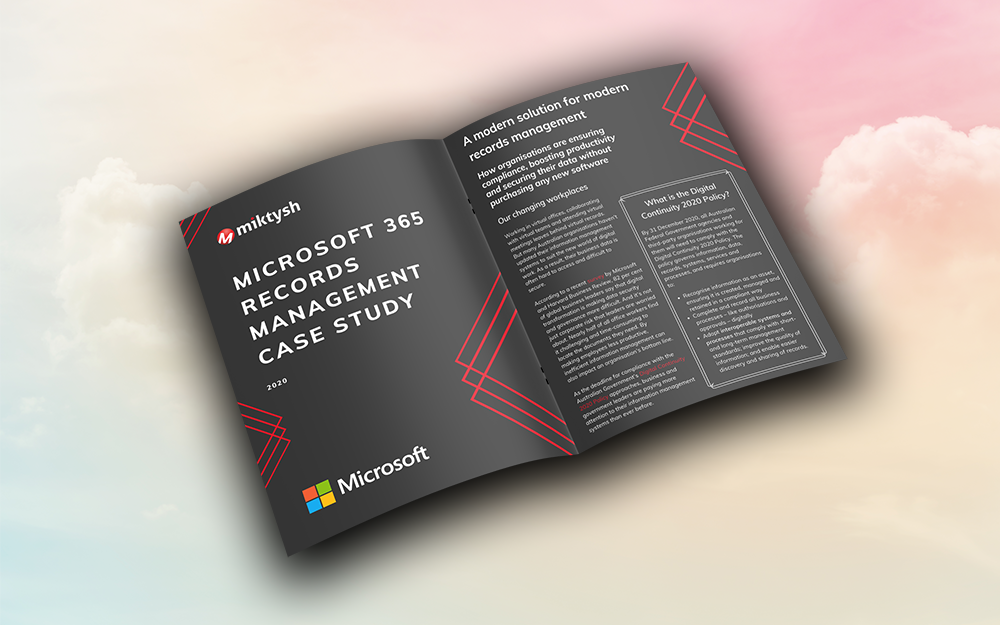
Microsoft 365 Records Management Whitepaper
06.11.2020

Micro Focus Launches Content Manager Select
28.05.2020
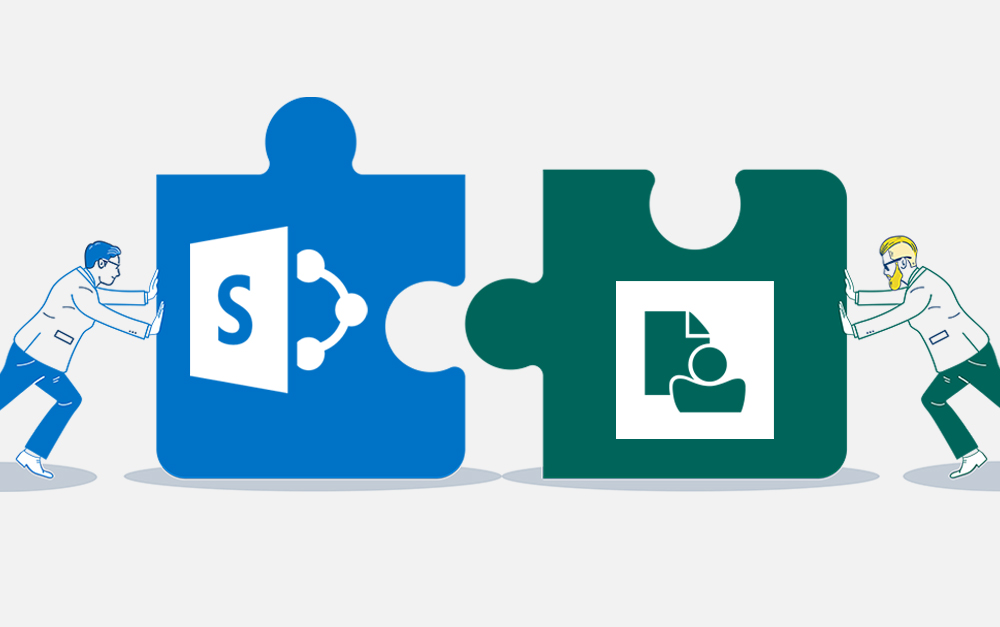
Content Manager SharePoint Integration Demo
20.05.2020

Top 7 Hidden Features in Microsoft Teams
11.02.2020

Integrate Content Manager with SharePoint
15.01.2020

Information Management Strategy Example
06.12.2019

How to Approach a Digital Transformation
13.11.2019

Top 5 Benefits of Migrating to Office 365
10.10.2019
Content Manager 9.4 Web Client
19.09.2019

Content Manager 9.4 Sneak Peek – Video Demo
02.09.2019

What Version of SharePoint is on Office 365?
27.06.2019
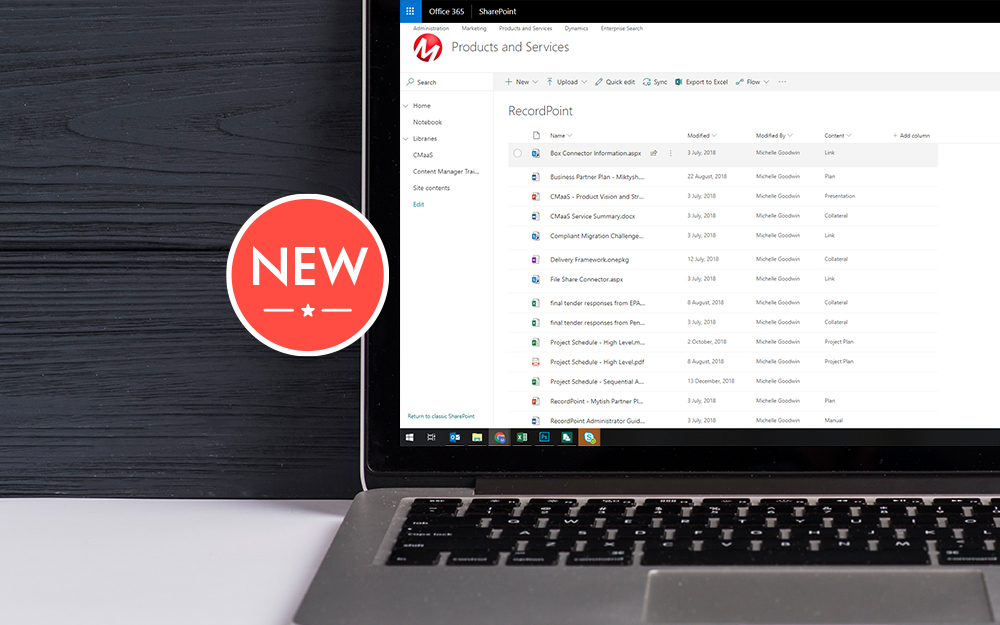
New SharePoint 2019 Features
08.03.2019

Data Migration Validation Best Practices
08.02.2019

Cloud Governance – RIMPA Queensland Event
27.09.2018

RecordPoint Records365 Demo
09.05.2018

How RecordPoint Enhances Office 365
09.05.2018

6 GDPR Tools to Assist with GDPR Compliance
17.04.2018

Analytics Driven Information Governance
14.07.2021

The New Normal Requires Zero Trust
27.06.2021

Microsoft 365 Records Management Whitepaper
06.11.2020

Micro Focus Launches Content Manager Select
28.05.2020

Content Manager SharePoint Integration Demo
20.05.2020

Top 7 Hidden Features in Microsoft Teams
11.02.2020

Integrate Content Manager with SharePoint
15.01.2020

Information Management Strategy Example
06.12.2019

How to Approach a Digital Transformation
13.11.2019

Top 5 Benefits of Migrating to Office 365
10.10.2019
Content Manager 9.4 Web Client
19.09.2019

Content Manager 9.4 Sneak Peek – Video Demo
02.09.2019

What Version of SharePoint is on Office 365?
27.06.2019

New SharePoint 2019 Features
08.03.2019

Data Migration Validation Best Practices
08.02.2019

Cloud Governance – RIMPA Queensland Event
27.09.2018

RecordPoint Records365 Demo
09.05.2018

How RecordPoint Enhances Office 365
09.05.2018

6 GDPR Tools to Assist with GDPR Compliance
17.04.2018
